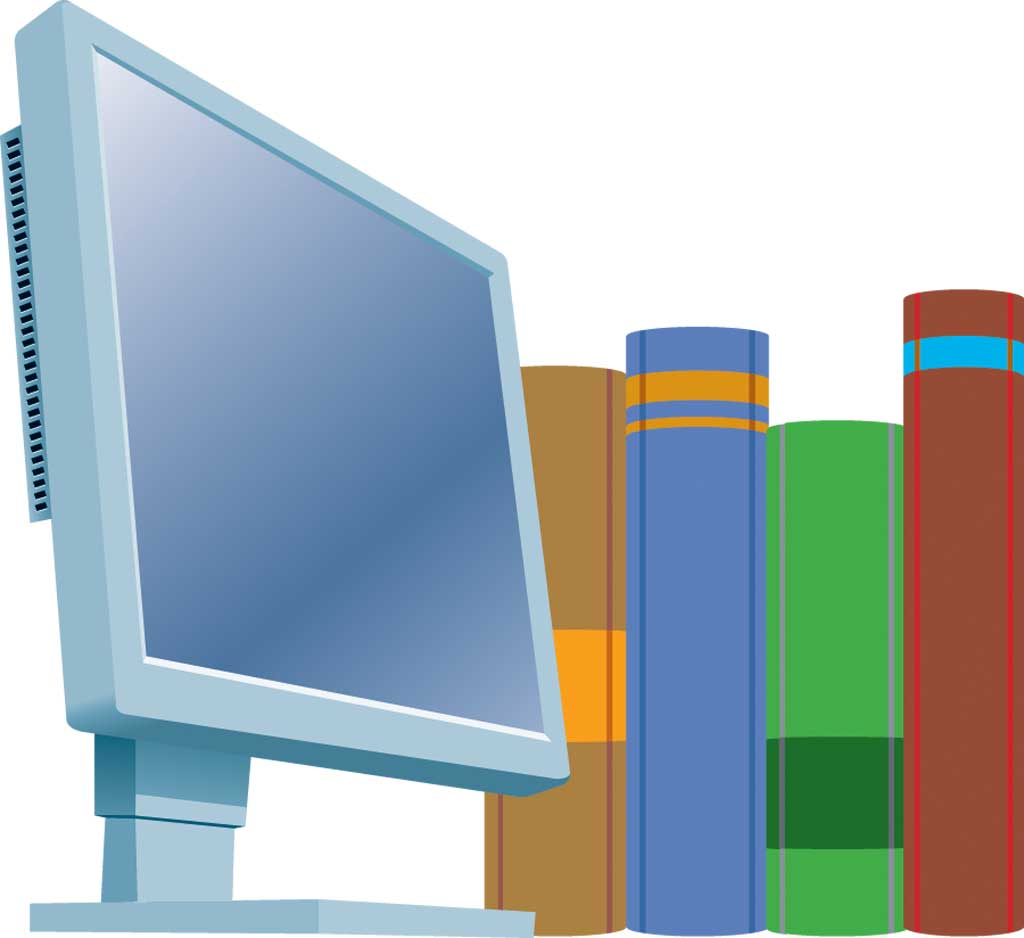All throughout the COVID-19 pandemic, millions of high schoolers across the United States logged on online video platforms, like Google Meet and Zoom, to attend class. Many woke up later than they usually do, talked to fewer people, and some even slacked off on their school work. While many argue that virtual schooling will not prepare high schoolers for college and our future life, I believe virtual schooling gives us a glimpse of what it will be like living independently.
Remote learning has given teenagers more time to sleep. According to the American Academy of Sleep Medicine, teens are recommended to have between 8-10 hours of sleep. However, a study from the American Academy of Pediatrics found that 73% of teenagers do not get enough sleep. The consequences of this include poor performance in school, an inability to focus in class, and also depression. Speaking as a teenager myself, I am part of the majority of teenagers, as I usually do not get enough sleep on a typical school day on campus. As much as I hate to admit it, I know I am not alone in saying that procrastinating to finish assignments for the next day and watching YouTube videos late at night has greatly impacted my sleep schedule (sorry mom). However, during the period of remote learning, I was able to get the necessary eight hours of sleep for me to function properly, as classes were asynchronous. As a result, I performed better in school, my mood was far more optimistic, and I actually enjoyed going to school every day.
Many schools across the country made their grading policies more lenient as they have foreseen technological issues, and they acknowledged that there may be problems within the student’s family. Consequently, teachers were not there to push you to do work to the best of your ability. While this sounds bad at first, I think students have benefited from the lenient grading policies as there was more time for them to focus on and retain the material for each class, instead of just forgetting it all after taking a final exam. Additionally, the competitive and toxic environment of high schools was greatly alleviated, thus there was a lot less stress and anxiety put on students. Instead, students have been learning to compete against themselves — not with others — and such an environment ultimately makes students happier. Moreover, the fact that no one was pushing us to do anything prepares us for college, as it is up to you to get your work done and go to classes. Virtual schooling has driven us to be more independent and less reliant on others to do our work.
On the other hand, there are downsides to virtual learning. For instance, the pandemic has diminished social interactions among teenagers and teachers. While I have taken this to my advantage and used this time to focus on writing and other outside-of-school interests, I know that teenagers like me are missing out on a crucial period of bonding and are experiencing more loneliness than usual. However, we must remember that virtual schooling is only temporary, and thus we will be able to see all of our friends and teachers again sooner if we follow quarantine issues and stay safe. Furthermore, when teachers and school administrators are formulating a schooling plan for next year, they should create more student bonding opportunities to reduce the number of students feeling lonely and ultimately creating a happier and more supportive school environment.
Above all, we must be grateful for the teachers that are dedicated to educating their students in these trying times. While virtual schooling does have its downsides, it is still an opportunity for teenagers to shine. We, as teenagers, may complain that “school sucks,” but we must remember that we are lucky to have such brilliant teachers that teach us, and that we are lucky to even have school at all.
Kyler Zhou is a resident of Hopewell. He is a young activist and a rising sophomore attending Princeton Day School.

